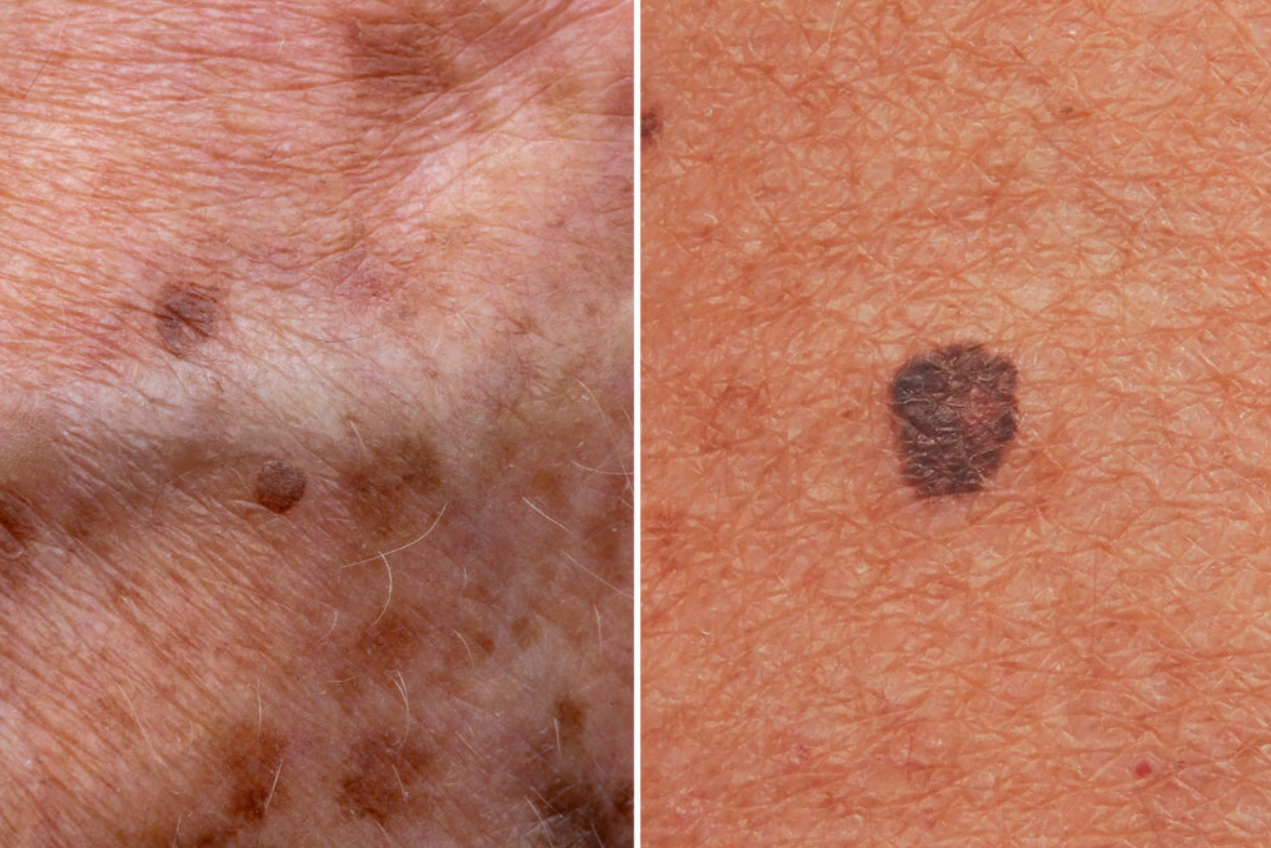Age spots, also known as liver spots or solar lentigines, are frequently connected with advancing age and continuous sun exposure. While several factors contribute to the development of age spots, including heredity and UV exposure, one less well-known cause is a mineral deficiency, notably selenium. Understanding the significance of selenium in skin health might help you treat and possibly prevent age spots.
Why Selenium is Important for Your Skin.
- Selenium is a potent antioxidant that protects the skin against free radical damage caused by UV radiation and other environmental stresses. These free radicals accelerate the ageing process, resulting in indications such as age spots. Selenium, which neutralises free radicals, can help maintain an even skin tone and decrease the development of spots.
- Selenium contributes to the formation of glutathione, a powerful antioxidant produced by the body naturally. Selenium greatly increases the production of glutathione, which helps to preserve skin suppleness and firmness.
- Selenium helps prevent cellular damage that can cause skin discolouration and age spots by keeping the body’s antioxidant levels high. Its involvement in cell defence is critical to keeping youthful and healthy skin.
- A healthy immune system is necessary for good skin health. Selenium improves immunological function, assisting the body in fighting off infections and disorders that can affect skin appearance.
Sources of Selenium
To maintain optimal selenium intake, include the following selenium-rich items in your diet:
Brazil nuts
One of the most abundant sources of selenium. Just one or two Brazil nuts per day can satisfy your daily requirement.
Seafood
Fish rich in selenium include tuna, halibut, and sardines.
Meat
Beef, chicken, liver, and turkey all contain high levels of this mineral.
Eggs
Provide selenium alongside other critical vitamins and minerals.
Whole grains
Brown rice, whole wheat bread and muesli contain selenium and are a better alternative to processed grains.
Supplementing Selenium
While diet is the most effective approach to improve selenium consumption, supplements are also available. However, too much selenium can be dangerous, so exercise caution while using supplements. The recommended dietary allowance (RDA) for people is 55 microgrammes per day, but this varies depending on age, gender, and health status. Always contact with a doctor before beginning any new supplement program.
Incorporating Selenium in your skincare routine
Aside from food consumption, certain topical skincare treatments contain selenium. These can assist deliver localised antioxidant advantages to the skin. Look for serums and creams with selenium as an ingredient, particularly those marketed for anti-aging or skin brightening.
After reading this text you can also read about: How to Dry Black Olives with Hot Water in Just 3 Days (No Need to Wait for Months!



